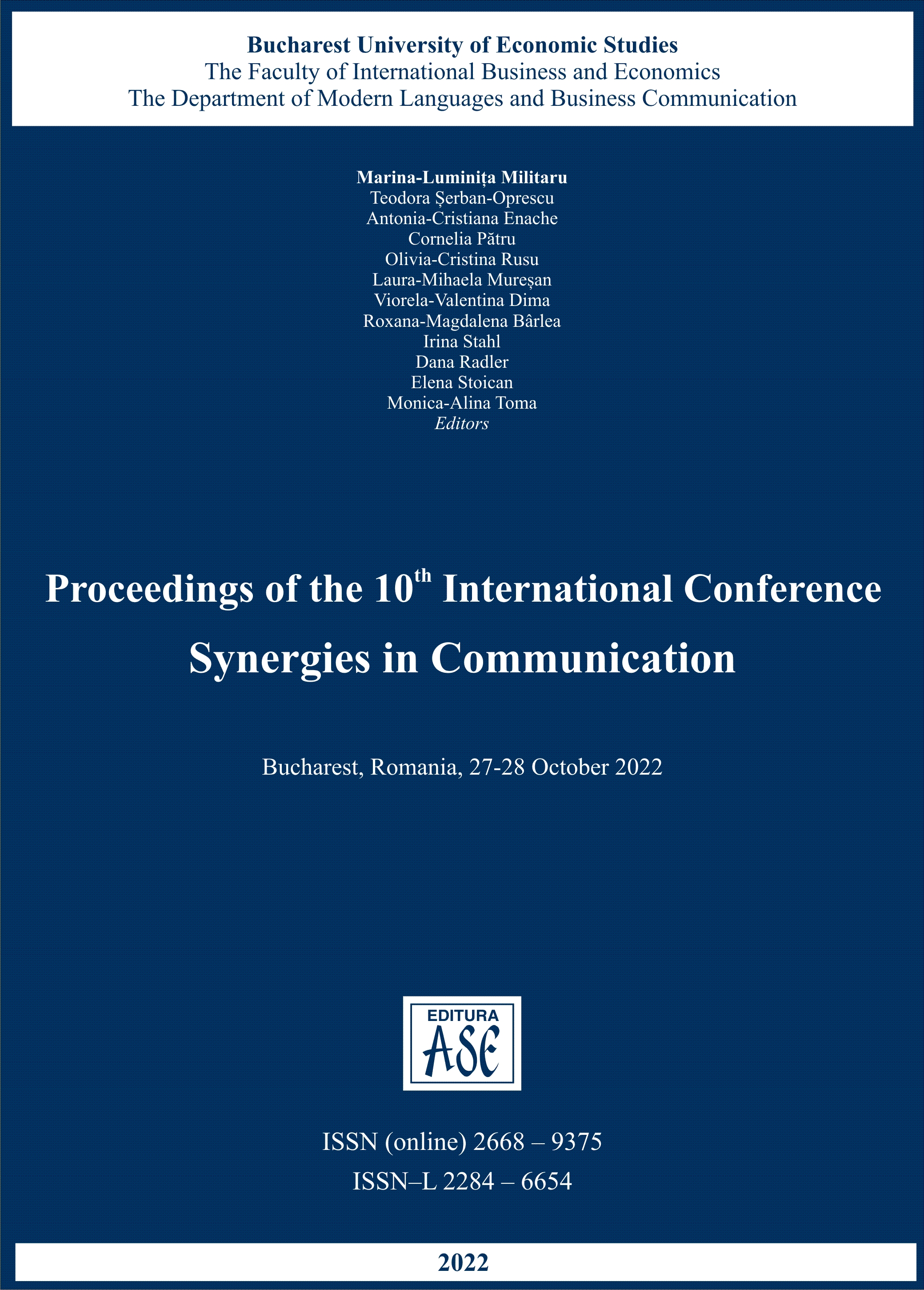RUDYARD KIPLING’S THE JUNGLE BOOK AND SOLDIERS THREE IN FRANCOIST SPAIN AND COMMUNIST ROMANIA
RUDYARD KIPLING’S THE JUNGLE BOOK AND SOLDIERS THREE IN FRANCOIST SPAIN AND COMMUNIST ROMANIA
Author(s): Cristina ZimbroianuSubject(s): History of Communism, British Literature
Published by: EDITURA ASE
Keywords: reception; Kipling; Francoism; communism; Spain; Romania;
Summary/Abstract: The famous British writer Rudyard Kipling (1865-1936) reached readers throughout Europe with his novels, poems and short stories aimed at children. Kipling lived in India, England, and the United States. There, New Yorker associate editor Charles McGrath noted that Kipling had been variously labelled “a colonialist, a jingoist, a racist, an anti-Semite, a misogynist, and a right-wing imperialist warmonger” (cited in Poetry Foundation, 2022, n. pag.) Despite this labelling, his works were successful mainly in Europe, more specifically in Spain and Romania. Censorship prevailed in these countries for several years when the Francoist (1938-1975) and Communist (1947-1989) regimes were in power. Nevertheless, most of Kipling's works, especially in Spain, were published in a translated version during and after the Franco era. In Romania during communism, The Jungle Book and Soldiers Three were published in French and German versions, which were censored in the 1950s. This paper therefore uses reception theories such as the pragmatic text theory introduced by Martyn Thompson (2009) to examine the reception of Rudyard Kipling’s works, such as The Jungle Book and Soldiers Three, in Spain and Romania focusing on the censorship files of Kipling’s works, which show that his works were viewed positively, especially by the Spanish censors.
Journal: Synergies in Communication
- Issue Year: 1/2022
- Issue No: 1
- Page Range: 382-390
- Page Count: 9
- Language: English

